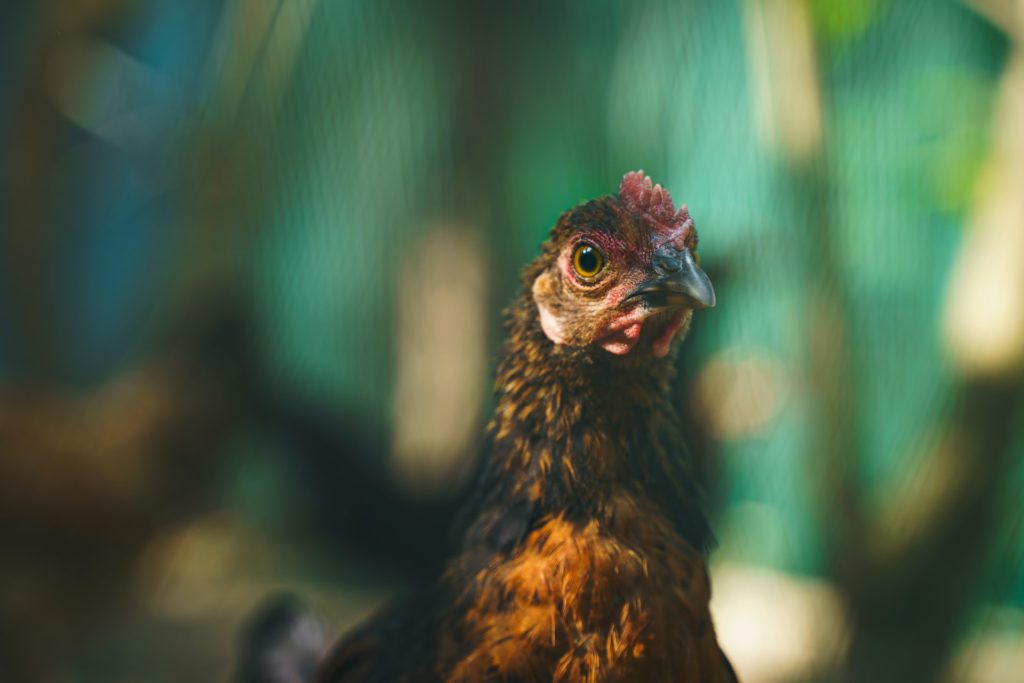People who live within 15 kilometres of the 3M factory in Antwerp could face significant health risks if they eat eggs hatched from chickens in their garden, according to new research from the University of Antwerp (UAntwerp).
Researchers found that 94% of adults and 100% of children within this radius of the manufacturing plant were exceeding the consumption standard for perfluorooctanesulfonic acid (PFOS) after eating just two eggs a week - a standard that was recently lowered by ten times its previous level.
The risk is even higher for children because, relative to their weight, they ingest more PFOS in their bodies.
The new findings are “very worrying,” according to researcher Thimo Groffe, and the affected region could be even larger than those 15 kilometres, which extends as far as Kontich in the south, the Dutch border in the north, and Sint-Gillis-Waas and Schoten in the west and east, respectively.
“No measurements have yet been taken outside the fifteen-kilometre perimeter, so we cannot make any statements about that for the time being,” Groffe said.
The University of Antwerp has been publishing studies on the presence of PFOS in the vicinity of the 3M factory since 2004, according to De Standaard, but this is the first time that it has put forth such a wide perimeter around the site.
The dangers associated with ingesting the chemical are becoming clearer as more and more research is done - several recent studies have linked PFOS consumption to health risks such as a disturbed hormone balance and an increased risk of cancer.
The PFOS concentrations in eggs hatched within the 15 kilometre perimeter around the 3M factory are higher than the European consumption standard, and the effect doesn’t dissipate the further away from the factory one looks.
On the basis of these observations, UAntwerp has advised the municipality of Zwijndrecht, where the factory is located, to warn all inhabitants within that radius “not to consume eggs from their own garden.”
In the past, the university used a “tolerable weekly intake” for PFOS of 44 nanograms per kilogram of body weight, as proposed by the Dutch National Institute of Public Health.
But following new scientific insights, the European Food Agency recently came up with a much stricter tolerable weekly intake of ten times less than that (4.4 nanograms) - not just for PFOS, but for four related chemicals, as well.
People living within the 15 kilometre parameter in Antwerp are exceeding the new, lower standard when they eat two or more eggs from their garden.
The concentrations of PFOS in home-grown fruit and vegetables are generally lower than those in eggs, Groffen said, because the substance “likes to accumulate in protein-rich tissues.”
“But we still have too little measurement results in vegetables to make any statements on that,” added Groffen.
The municipality of Zwijndrecht is currently preparing measures to contain the effects of the pollution as much as possible.
“This means that we will take the measures broad enough to exclude almost any risk,” said the alderman for the environment, Steven Vervaet (Groen).
“That there will be an advice not to eat eggs from chickens from your own garden is as good as certain.”
In preparation, the council asked the Agency for Care and Health to make a risk assessment, which is expected soon according to a spokesperson.
“We will apply the precautionary principle, but at the same time we want to prevent unrest among the people,” that spokesperson told De Standaard.
“If we now say: ‘Don't eat anything from your own garden,’ you give a clear signal that something serious is going on. But we do not know that for sure. After all, there is still a lot of uncertainty about PFOS' impact on health.”

